Sleep - The ultimate recovery tool
With every good training program there should be a plan to help maximise recovery as well as the workouts, as the better you recover then the better you perform in each workout. Rest days or recovery sessions where the focus is on easy (gentle) activity can be a good way to make the most of your hard work.
As simple a it sounds sleep is the undisputed champion of recovery and time and again research proves this is so much more effective than any other gadget or supplement out on the market. Everyone needs to take responsibility for this area of life and look at what the best sleep hygiene is for you personally. Sleep hygiene is a term used to describe your pre-bedtime routine, so identifying the habits involved, particularly the bad ones, is a worthwhile exercise.
What is sleep hygiene?
Sleep hygiene is a term used to describe the practices and habits we put put in place to facilitate sleep. For some this may make sleep sound so formal and structured that it takes the fun out of it. But for anyone who has at one time or another had trouble getting to sleep, sleeping through the night or just sleeping long enough you will understand the impact it has on your daily life. Sleep is not just about relaxing at night to recover from the previous day but it is vitally important for readiness and alertness for the following day.
I'm not going talk through each point highlighted above, that is for your reference but there are some areas that from my reading need more thought.
Routine/Habit, this is the biggest aspect of sleep hygiene that like it or not the body needs consistency. As with exercise, when we provide the body with regular stimulus it is intelligent enough to learn that this is something that happens regularly and needs to be adapted to. Having a consistent time going to bed and waking up is the gold standard here setting an internal timer that the body knows to automatically wind down before bed but also to wake yourself up at the right time being fully alert. This is known as circadian rhythm, the internal body clock. Now, I understand for those who work shifts on a changing schedule or have young children this isn't always possible as not everyday will be the same. Bedtime routine is still important though, as much for adults as it is for children, as the activities we do in the preceding hours of sleep have a great impact. The graphic tells us that no caffeinated drinks in the preceding hours improves sleep and so does reducing 'screen time'. The blue light from tv/computer screens has shown to disrupt sleep patterns when viewed 30-60mins before trying to go to sleep.
What about sleep duration? 7-9hrs of nighttime sleep are recommended and this can be variable based on daily activity as professional athletes can need up to 12hrs sleep with the intensity of exercise training. For most of us this isn't necessary or practical so 7-8hrs is best. Studies suggest that napping during the daytime has a detrimental affect on sleep quality at night, which impacts alertness and cognitive function in following days. This does have a caveat though in that if you sleep for less than 6hrs at night then a 30min 'power nap' actually improves alertness and function compared to the 6 hrs sleep alone. This is then a powerful tool to use when sleep length is temporarily shortened. Ideally, you are always aiming for 7-8hrs of nighttime sleep.
There are two areas not mentioned in the above graphic that are noteworthy for their impact on the hormones that improve sleep, these are nutrition and sunlight. Having at least 2 hours of exposure to sunlight helps the release of hormones such as serotonin and melatonin that as part of a cascade of hormones prepares the body for a time of deep quality sleep. This is part of the circadian rhythm so getting outside when possible: walking or cycling to work, a walk at lunchtime, evening outdoor activity will contribute to your preparedness to sleep.
The role of nutrition and sleep can be an overwhelming topic with research ongoing with true tried and tested mechanisms of certain foods or nutrients still in progress. The best advice I can give would be to avoid drinks and foods that causes spikes in energy release such as caffeine and sugars in the hours before bed. For more information or advice on what nutritional plans you should follow I would recommend seeing nutritionist or dietitian, who can assess your individual needs more specifically.
So, find a routine that works for you for at least the preceding hour to sleep and stick to it. You can experiment with the suggestions in this article and try something new. Remember that whenever you start a new habit you need to give it time to take affect, try for at least one week and even score your sleep and daytime alertness on a 1-10 scale before and after and see how you get on.

